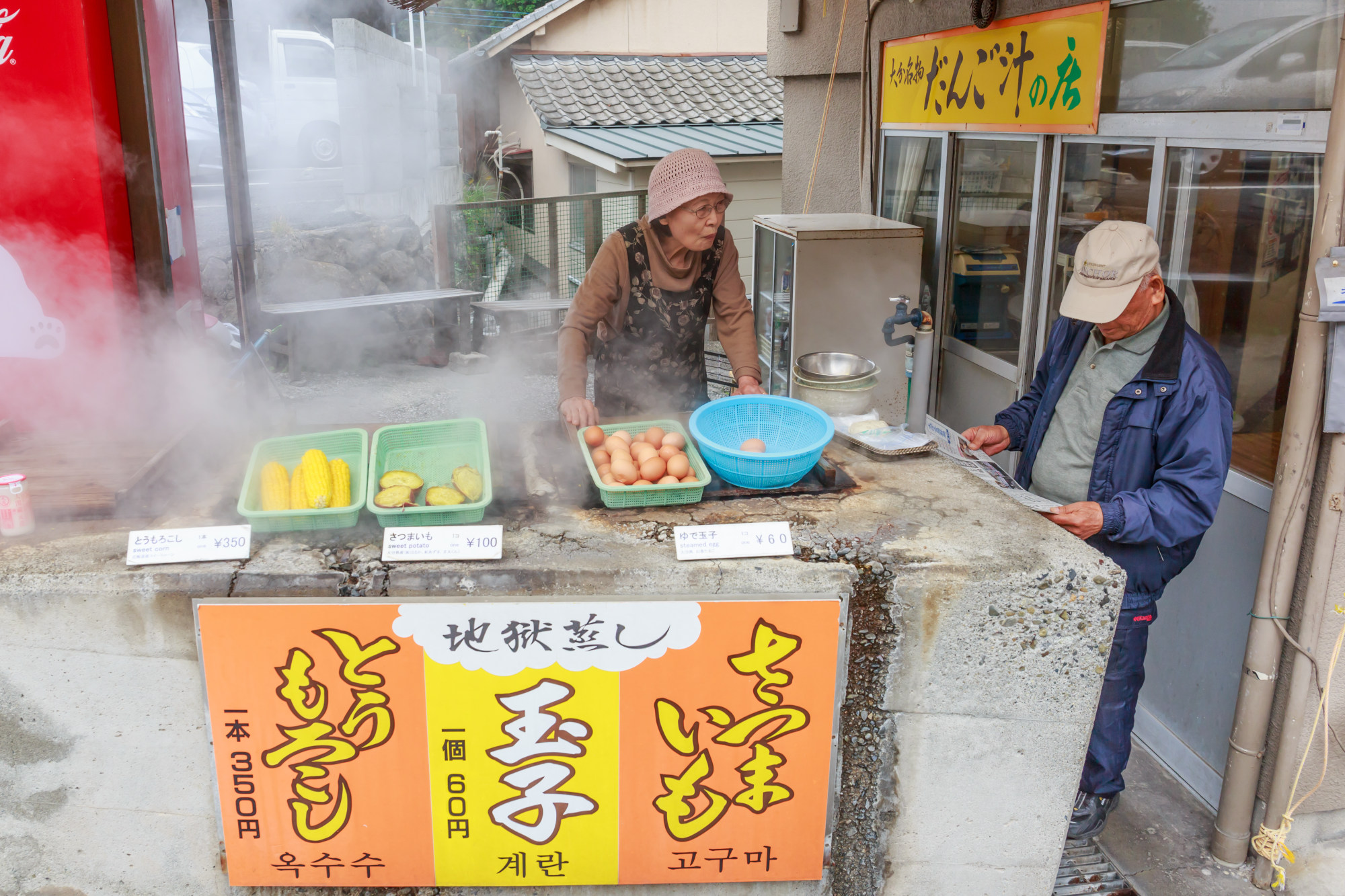
Japan farmers urged to stay ‘calm’ as record 12 million hens culled, in bird flu crisis
- Egg prices have soared in February, with problem exacerbated by rising costs for feed and electricity at farms
- Further price increases likely, as poultry association sets up task force to deal with crisis, urges farmers to stay united
The price of 1 kilogram of medium-sized eggs reached 335 yen (US$2.48) in early February, nearly double the price 12 months earlier.
Egg shortages mean there are fewer on supermarket shelves while the 7-Eleven Japan chain of 24-hour convenience stores has halted sales of 15 products containing eggs, including sandwiches and salads.

The present shortages come after farmers reported a glut of eggs a year ago, a situation that also hurt farmers as they were unable to earn sufficient profit to cover their costs.
In the latest crisis, farmers have had to cull a record 12.35 million birds since October, with at least 76 farms across 25 of the nation’s 47 prefectures affected by bird flu this winter.
In 2020, a record high of 52 farms reported cases of bird flu. The disease has also forced the culling of smaller numbers of ducks and ostriches.
The industry says there are no indications that the factors affecting farm operations will be reversed soon, meaning that further price rises are likely. The surging prices will also inevitably be passed on to consumers in key Asia-Pacific export markets, including Hong Kong, Taiwan, Singapore, Macau and Guam.

According to the Japan Poultry Association, the most recent bird flu outbreak was reported at a farm in Ibaraki Prefecture, north of Tokyo, with member companies urged to do everything in their power to limit the spread of the virus.
Farmers are being instructed to take measures to keep wild animals away from their flocks, disinfect shoes and clothing before they come into contact with the birds and report any abnormalities they detect in their birds as early as possible.
Working with the agriculture ministry, the association has set up a task force to devise countermeasures and a hotline to offer advice to farmers.
Japan gets something to sneeze at as pollen levels set to hit 10-year-high
Isao Sugihara, chairman of the association, has issued a call for poultry farmers to be united to get through the crisis.
“The outbreak of highly pathogenic avian influenza has been unprecedented this year and the number of egg-laying hens that have had to be killed has reached a record high,” Sugihara said.
“The egg industry supports the health and diet of the Japanese people by maintaining a national self-sufficiency rate of around 95 per cent and ensuring low and stable prices for consumers,” he said. “However, if the current situation continues for a long time, that will affect the smooth supply of eggs.”

Around 2020, demand for eggs used for commercially processed foods fell due to declining demand as a result of the coronavirus pandemic and plummeting orders from restaurants, Sugihara said.
That “difficult situation” was improving as the effects of the pandemic waned in recent months, only to be replaced by the avian flu outbreak, which has “reached epidemic proportions”, he said.
“We ask for your continued cooperation in helping to stabilise prices by taking calm action,” he added.

